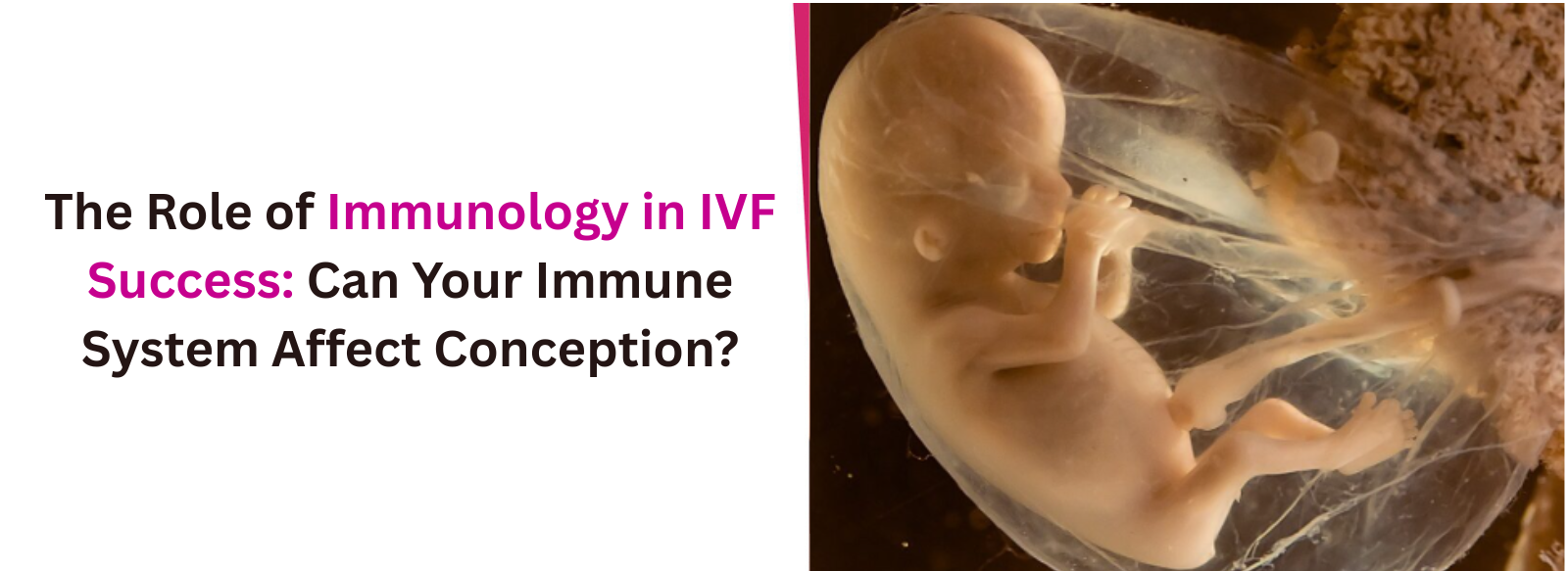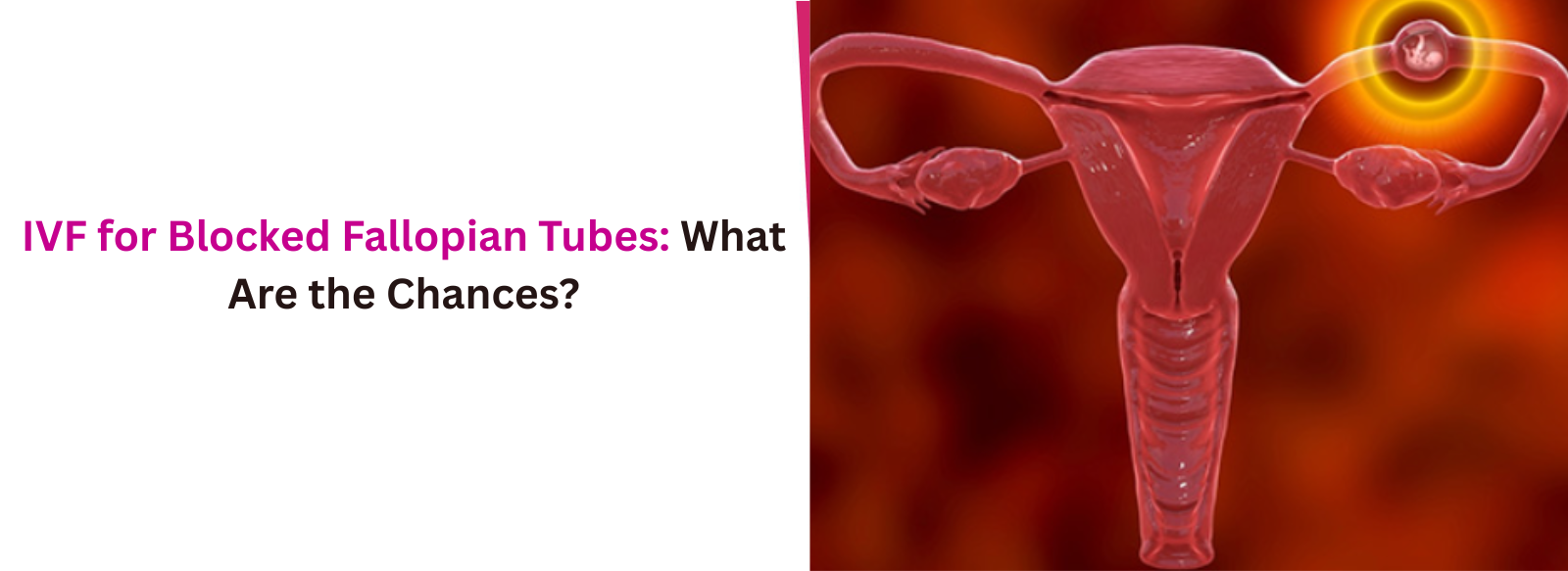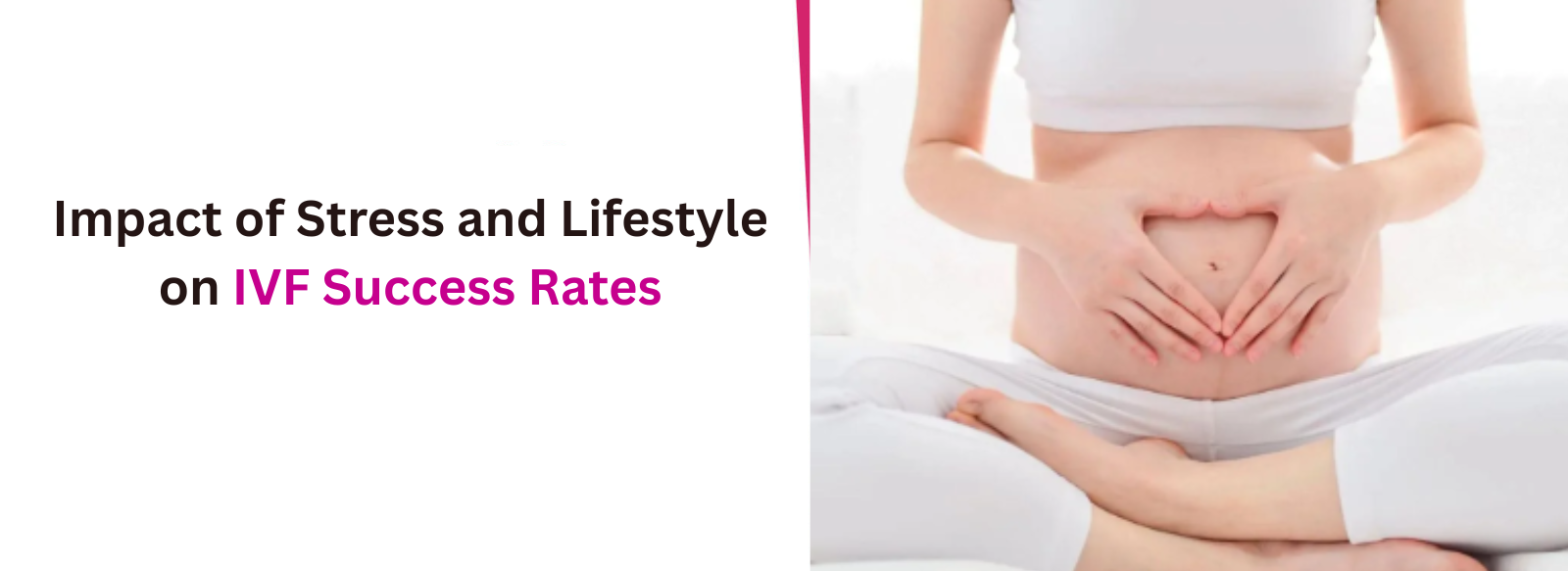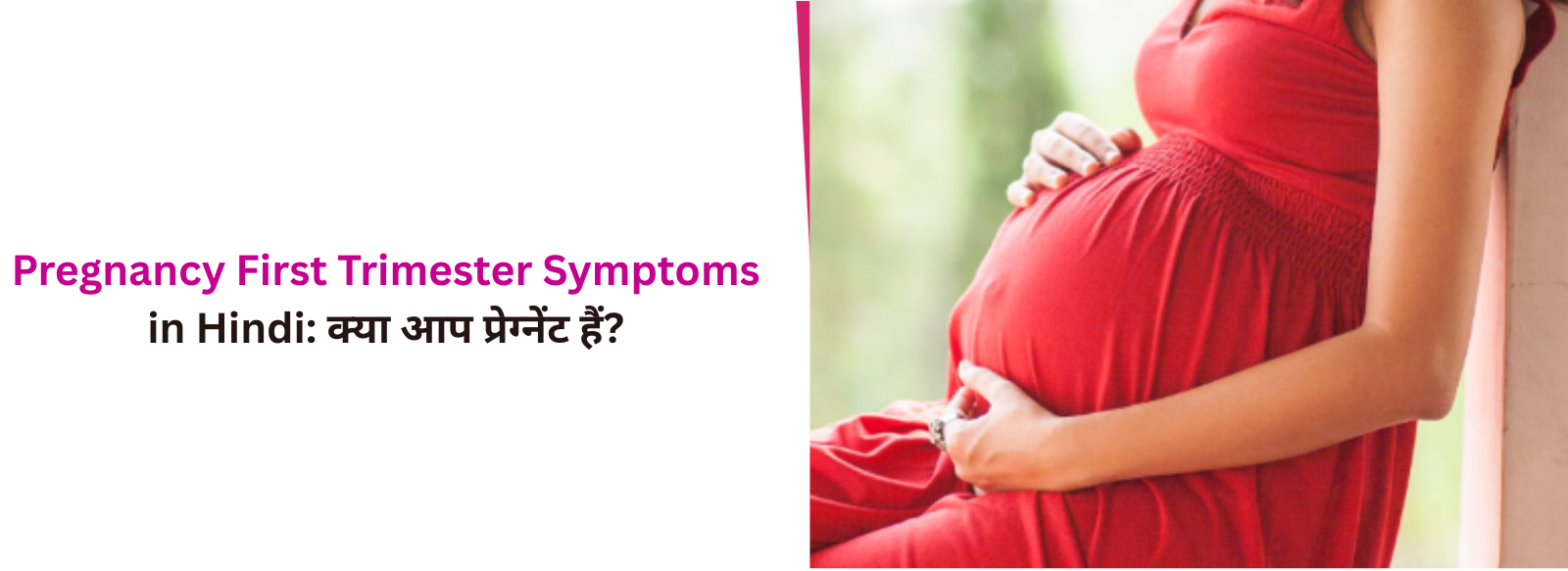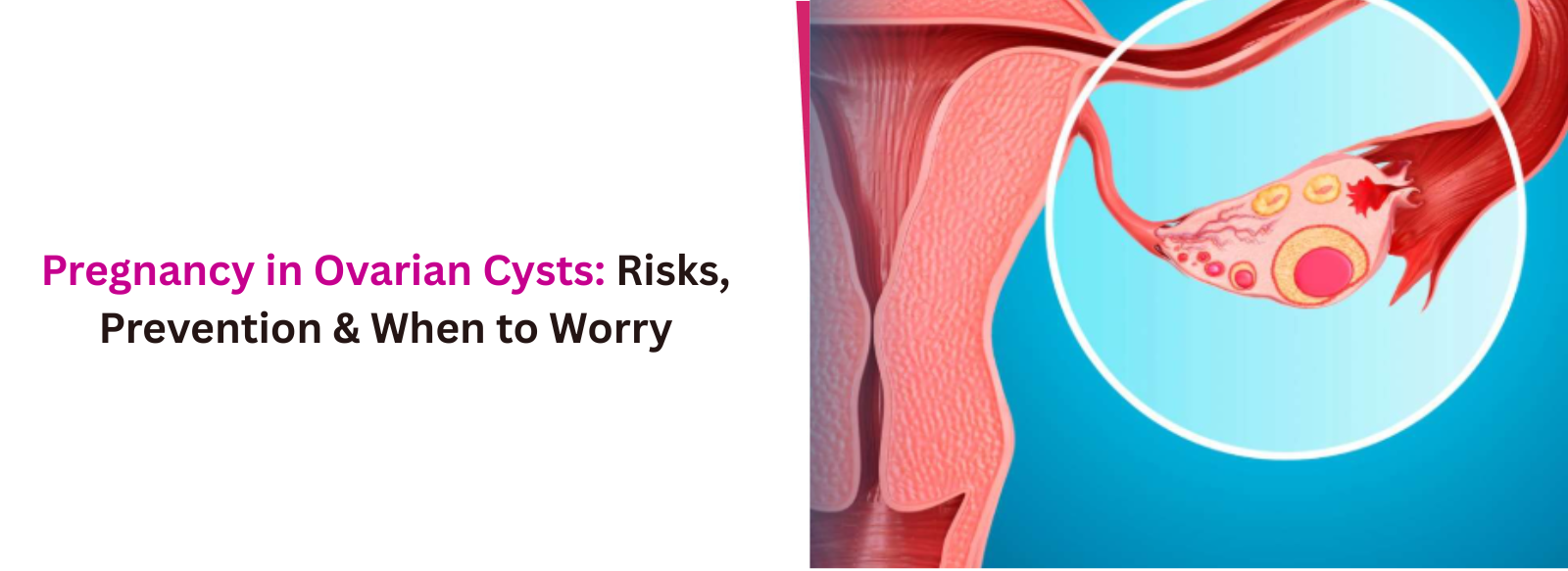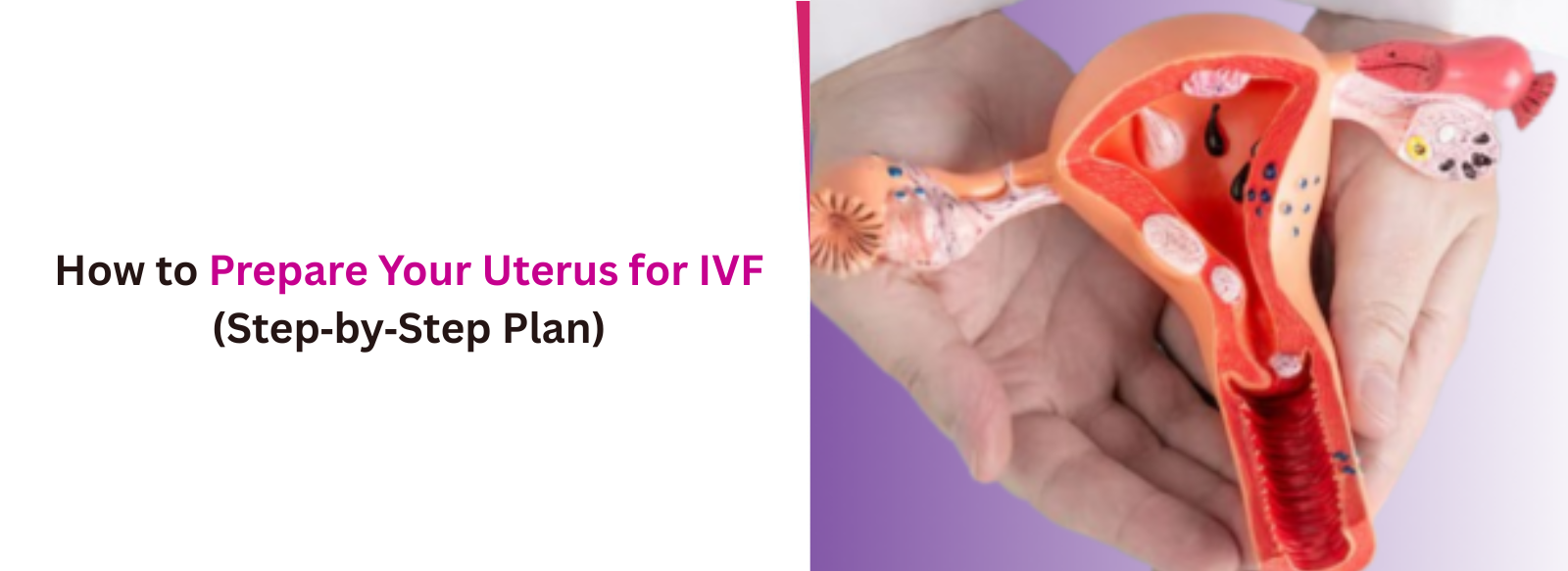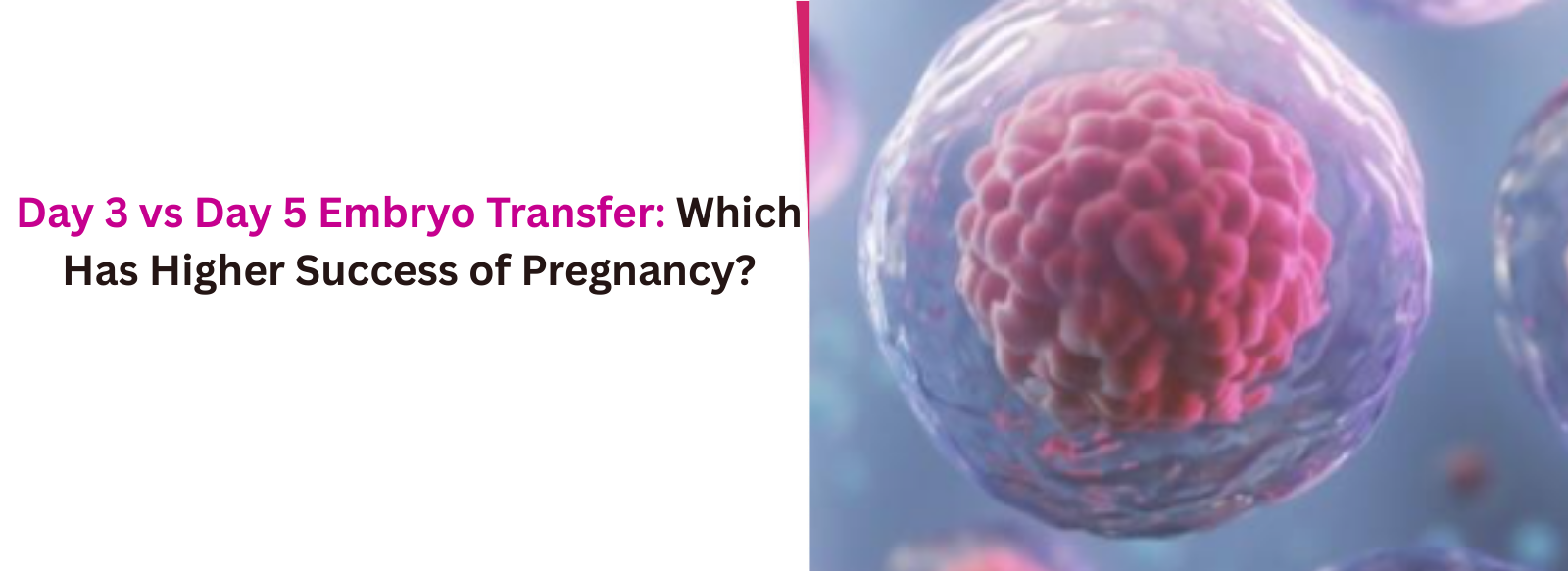Fertility depends on many delicate factors working in harmony. Hormones, egg and sperm health, and the uterine environment all play their part. But one lesser-known factor is the immune system.
Immunology (the study of how our body’s defense system works) is now being recognized as an important element in fertility and IVF success. For some couples, an overactive or imbalanced immune response can interfere with conception or embryo implantation. Understanding this link can help doctors design more personalized IVF treatments and improve the chances of a healthy pregnancy.
What is Immunology and Fertility?
The immune system protects us from infections, viruses, and foreign substances. It works like a security guard, identifying what belongs to the body and what doesn’t.
During pregnancy, the immune system faces a unique challenge. The embryo carries half of its genetic material from the father, which the body could see as “foreign.” To allow pregnancy to occur, the immune system must adjust. It has to protect the mother without attacking the developing embryo. This process is called immune tolerance.
When immune tolerance fails, problems like failed implantation, early miscarriage, or unexplained infertility can arise. This doesn’t mean the immune system is “bad,” but rather that it’s reacting in a way that’s not fully compatible with successful conception.
How Immune Factors Affect IVF Success?
In IVF, embryos are created outside the body and then placed into the uterus. Even when embryos are healthy and the procedure goes smoothly, some patients face repeated implantation failures or miscarriages. In certain cases, immune imbalances may be one of the hidden causes.
Here are a few immune-related mechanisms that can affect IVF success:
Overactive immune cells: Some immune cells may mistakenly identify the embryo as a threat and release chemicals that cause inflammation, making it harder for the embryo to implant.
Autoimmune disorders: Conditions like thyroid autoimmunity, lupus, or rheumatoid arthritis can create antibodies that disrupt hormone levels or damage reproductive tissues.
Inflammation in the uterus: Chronic inflammation can reduce the receptivity of the uterine lining, making it less likely for the embryo to attach and grow.
Natural Killer (NK) cells: These are a type of white blood cell that normally helps protect the body from infection. However, excessive NK cell activity in the uterus may interfere with implantation, though research in this area remains ongoing.
It’s important to understand that immune-related infertility is not common for everyone undergoing IVF. But for certain patients, especially those with repeated IVF failures or unexplained pregnancy losses, evaluating the immune system may reveal important clues.
Common Immunological Tests in IVF
When doctors suspect that immune factors might be affecting fertility, they may recommend certain blood or tissue tests. These are not routine for every patient. They’re usually done after detailed evaluation and history-taking.
Here are some of the most common immune tests considered in fertility care:
NK Cell Activity Test: Measures the activity of Natural Killer cells, which can sometimes be overactive in the uterus.
Antiphospholipid Antibodies (APA): These antibodies can increase the risk of blood clotting and interfere with embryo implantation or early pregnancy.
Thyroid Antibodies (TPO, TG): Autoantibodies targeting thyroid tissue can affect hormonal balance, which plays a crucial role in successful conception.
Antinuclear Antibodies (ANA): High ANA levels can indicate autoimmune reactions that may indirectly affect fertility.
These tests help identify whether immune overactivity or inflammation could be contributing to failed implantation or pregnancy loss. However, they are only meaningful when interpreted alongside other clinical findings. Every woman’s immune system behaves differently, so results should always be discussed with a fertility specialist before drawing conclusions.
Immunology-Based Treatments for IVF
The good news is that most immune-related fertility problems can be managed with proper treatment and close monitoring. At Vardaan IVF Hospital, specialists design individualized protocols based on each patient’s medical profile and test results.
Here are some commonly used treatment approaches:
Corticosteroids: Low-dose steroids such as prednisone can help reduce immune system overactivity and inflammation during IVF cycles.
Intralipid Infusions: These are fat-based intravenous solutions believed to calm overactive immune cells and improve implantation rates in selected cases.
IVIG (Intravenous Immunoglobulin): IVIG therapy introduces healthy antibodies from donors, which can help regulate immune function and promote tolerance toward the embryo.
Low-dose Aspirin and Heparin: These blood-thinning medications are sometimes prescribed for patients with clotting or antiphospholipid antibodies to improve uterine blood flow and reduce inflammation.
Along with medical treatments, lifestyle and nutrition play a vital role in maintaining immune balance. Eating antioxidant-rich foods, getting adequate sleep, managing stress, and avoiding smoking or alcohol all support better immune and reproductive health.
It’s important to remember that immune-based treatments are not for everyone. These interventions are used selectively after careful evaluation, as unnecessary suppression of the immune system can be counterproductive.
When Should You Discuss Immune Testing?
Not every IVF patient needs immunological evaluation. However, it can be beneficial to discuss this aspect with your fertility specialist in specific situations, such as:
Repeated IVF Failures: When multiple good-quality embryos fail to implant despite a healthy uterus.
Recurrent Pregnancy Loss: If you’ve experienced two or more miscarriages, immune factors may be one of the underlying causes.
Autoimmune Conditions: Women diagnosed with thyroid disorders, lupus, rheumatoid arthritis, or similar conditions should have their immune health reviewed during IVF planning.
Unexplained Infertility: When standard investigations show normal results but conception still doesn’t occur.
If your doctor suspects an immune imbalance, a customized plan will be created for you. The goal is always to restore balance. Not to suppress the immune system completely.
Emotional Aspect: Coping with Complex Diagnoses
Dealing with infertility can already be emotionally exhausting. When immune-related causes are added to the picture, it can feel confusing or overwhelming. Many patients worry about what these findings mean for their future or whether treatment will work.
It’s important to know that having an immune issue does not mean you can’t conceive. In most cases, once the problem is identified and managed, pregnancy outcomes improve significantly. Support from your fertility team, counseling, and open communication with your partner can make this journey easier.
At Vardaan IVF Hospital, the care approach extends beyond medical treatment. Emotional well-being is given equal importance. Patients are guided through each step, from diagnosis to treatment, with empathy and reassurance. Understanding the “why” behind every recommendation helps patients feel in control and hopeful again.
Expert Care at Vardaan IVF Hospital
Vardaan IVF Hospital combines medical excellence with compassionate, individualized care. The team recognizes that every patient’s fertility story is unique. Especially when immunology becomes part of the picture.
The hospital offers access to advanced diagnostic testing, precise IVF protocols, and supportive therapies tailored to each case. Experienced fertility specialists work alongside immunology experts to assess, monitor, and manage immune-related fertility conditions with safety and precision.
Beyond medical treatment, Vardaan IVF emphasizes holistic health. Nutrition guidance, stress management, and emotional counseling are part of the integrated approach. Every decision is made with the patient’s comfort, safety, and long-term well-being in mind.
Couples who’ve struggled with repeated IVF failures or unexplained infertility often find clarity and renewed confidence after a detailed evaluation. The goal at Vardaan IVF is simple, to bring science and care together to make parenthood possible.
Conclusion
The immune system plays a quiet yet powerful role in reproduction. When it’s balanced, conception and pregnancy usually progress smoothly. When it’s overactive or misdirected, it can interfere with implantation or early embryo development.
Understanding this connection between immunology and IVF helps doctors create more precise treatment plans. With the right testing, medication, and supportive care, many couples overcome immune-related fertility challenges and achieve successful pregnancies.
At Vardaan IVF Hospital, each patient receives more than treatment. Patients receive guidance, compassion, and hope. Whether your fertility concerns are simple or complex, expert care and a personalized approach can make all the difference.

